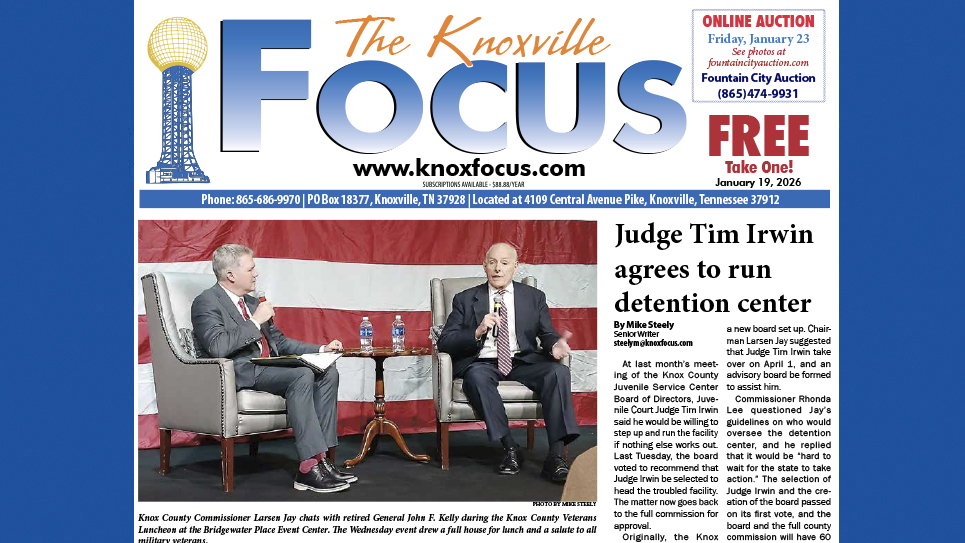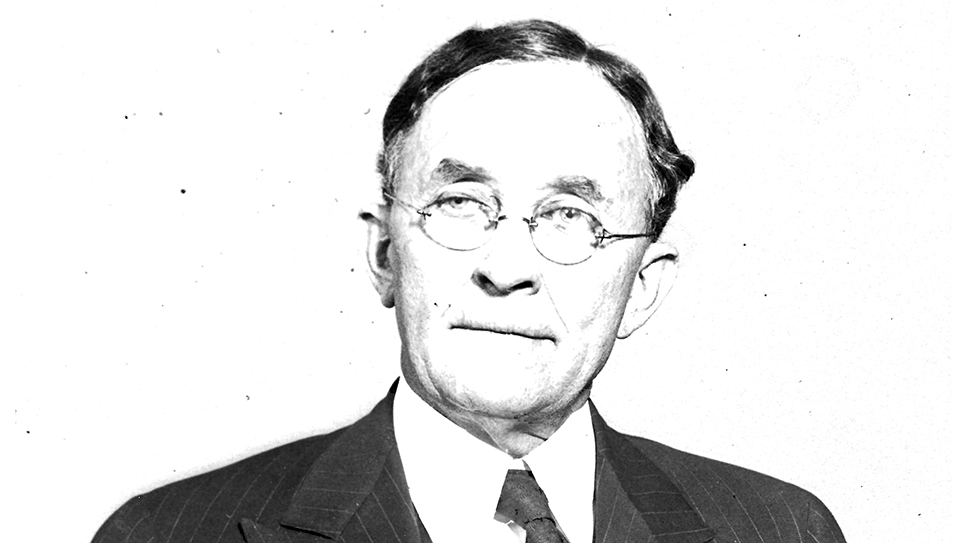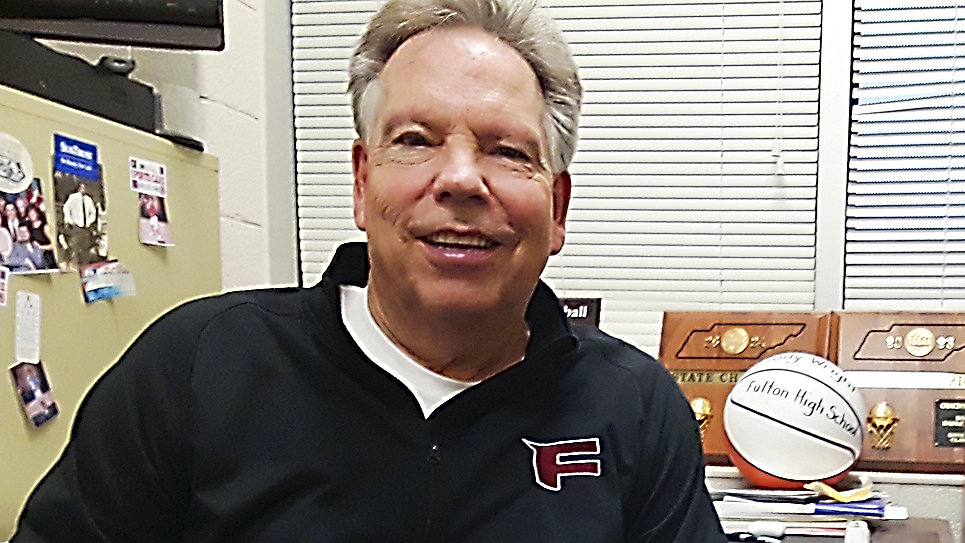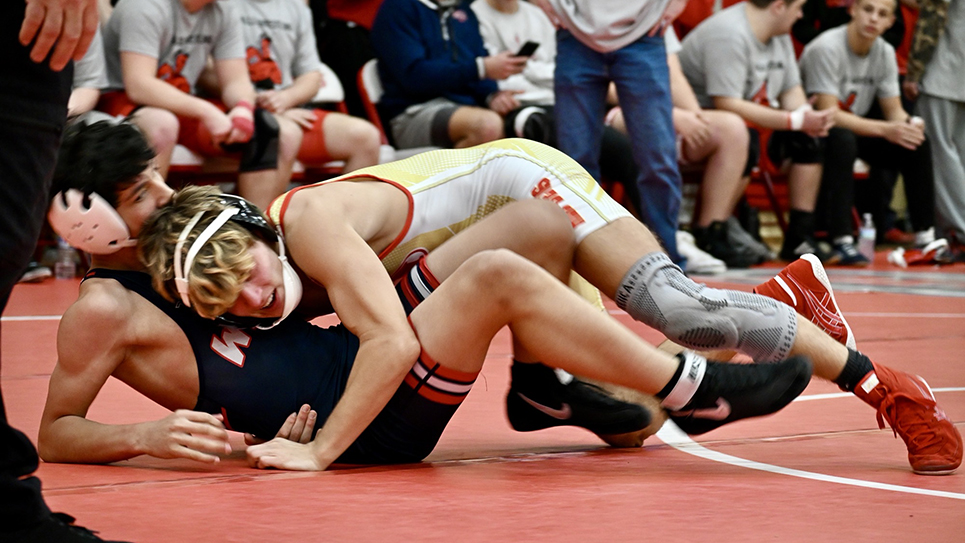‘Their stories are worth telling… and retelling’
By Tom Mattingly
There’s nothing better than reading a well-told story, particularly about athletics. Likewise, hearing a well-told story is equally delightful.
Willie Morris (“The Courting of Marcus Dupree”), who told Mississippi’s stories with great love and affection, once penned the following well-turned sentence: “There is a tradition in the South, as in other parts of America, that a story worth telling places a responsibility on the listener to tell it again, in another place.”
The storytellers of the American sporting scene are fascinating people. Around here, Marvin West, Ben Byrd, Russ Bebb, and Lindsey Nelson, among others, have been something special over the years. Their stories are worth telling… and retelling.
Haywood Harris and David Housel have been artisans of their craft with Tennessee and Auburn, respectively, over the years. Each has told their school’s story with great purpose, passion, resolve, and verve. Each school’s history comes alive as they chronicle the great moments of two proud traditions. Tennessee and Auburn people can recall their most famous lines on a moment’s notice.
These guys could flat turn a phrase, whether with pen, pencil, or on their personal computer. Excitement jumped off the page at every turn. There was a lyrical quality to their prose.
Take Haywood, for example. He was once quoted in Sports Illustrated saying “Dang” when an Ole Miss field goal attempt in the 1969 game (Ole Miss 38, Tennessee 0) hit the crossbar and bounced across. Nothing more, just “Dang.” That made his point. He didn’t need to say anything more. No wasted words for him, either orally or on the printed page.
There was a time in 2004-05 that Haywood and I had offices deep in the bowels of Stokely Athletics Center, and that’s putting it mildly. There were all kinds of little surprises each day, including a passing acquaintance with assorted tiny four-legged creatures that kept things interesting.
All would be going well, until Haywood’s voice, seemingly panic-stricken, came across the transom, seeking urgent help.
“This gosh-dang machine lost my copy,” he often said, wondering if he would ever see what he had written again. Never, ever, did he say anything stronger than “gosh-dang,” even when there might have been a considerable amount of work at stake.
That was my call to action. I would immediately trot 15 feet over to his workspace and click “edit-undo,” and his copy reappeared… as if by magic. He was always grateful.
Haywood’s fingers always tripped lightly on the computer keyboard, with exceptionally readable copy flowing like rushing waters.
His story came down to his unswerving loyalty to his family, friends, and the University of Tennessee. While he was known as a “team player” in the best sense of the term, he also held strong opinions on a number of issues that he was not reluctant to share when necessary.
When the Vol football team flew to Nashville for the 1964 Vanderbilt game, Haywood and Gus Manning met the team at the airport. They had gone over on Thursday before the game to “advance” the trip, preparing the local media for the team’s arrival the next day.
The team buses were ready to head to practice at Dudley Field and then to the hotel, when one of the drivers announced the fan belt was broken, spoiling the clockwork precision so famous on Vol football road trips.
Haywood had to share the news with rookie head coach Doug Dickey. When he did so, Dickey unexpectedly asked, “Haywood, you did check the fan belt, didn’t you?”
Haywood was rarely speechless, but that query did leave him stuck for an answer. He had performed his assigned duties well, as always, not ever thinking that checking the fan belt on any of the team buses might be one of them.
When the three assistant coaches—Bill Majors, Bob Jones, and Charlie Rash—were killed in a car-train wreck in West Knox County two days after the 1965 Alabama game, Haywood rose to the occasion as he penned his game program column for the next week’s contest against Houston.
“Strong men wept unashamedly when the news came,” he wrote, “unbelieving at first, then unwilling to accept the realization that the unthinkable had actually happened, finally reconciling themselves to the stark truth of the tragedy and searching for ways to help those whose grief was infinitely greater.”
Thoughtful observers paid close attention. The emotions engendered that day hit close to home, then… and now, nearly 60 years later. It was one of Haywood’s finest hours in a professional career that marked him as one of the great storytellers.
Haywood had a deep and abiding respect for the King’s English, whether it manifested itself in a press release, a magazine article, the two books he and Gus Manning authored, or in any number of publications written for the athletic department.
Long live those great storytellers, particularly the ones who tell the story of the University of Tennessee and its people.






